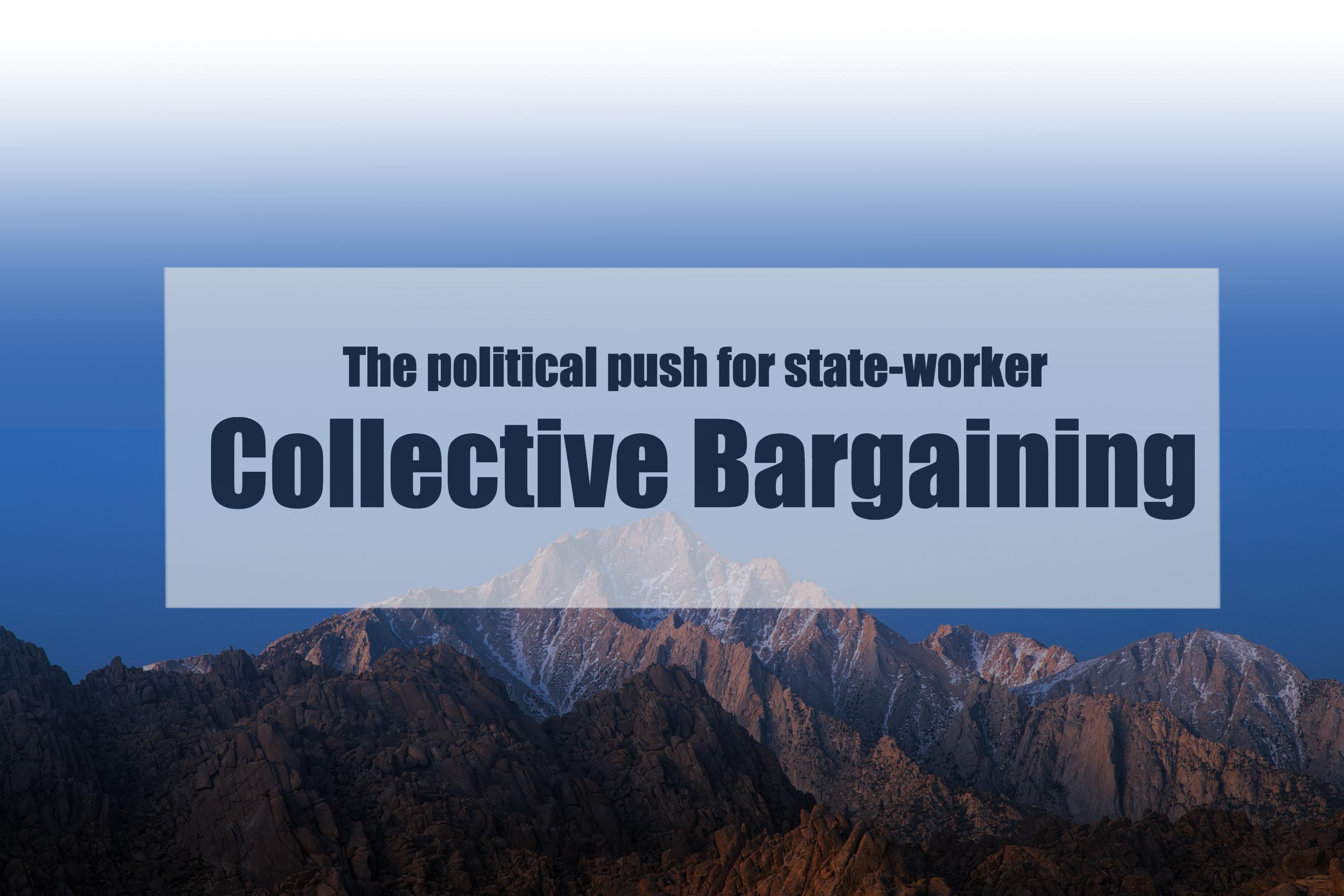
The political push for state-worker collective bargaining
This paper shows that, when measured on a variety of metrics, compensation for Nevada state government workers is already significantly above market levels.
In spite of this, Nevada lawmakers are poised to extend collective bargaining to state government workers — a policy change that will increase state spending by approximately $500 million annually.
Executive Summary
Extending the ability to collectively bargain to Nevada state government workers will increase state spending by approximately $500 million annually — a price that will be paid by taxpayers via higher taxes, decreased government services or both.
The argument put forward to justify this staggering increase in future spending is based on a false belief that state workers are underpaid.
However:
- Median earnings for Nevada state workers are already 29 percent above private earnings — a gap that is the fourth largest nationwide.
- Average compensation for Nevada state workers ranked 10th highest nationwide on a raw, unadjusted basis, and fifth highest when accounting for the different price levels among the 50 states.
- Finally, Nevada state government workers themselves demonstrate that current compensation levels are more than adequate via a voluntary quit rate that is just a tiny fraction of the overall quit rate of workers nationwide.
Unfortunately, giving state workers the ability to collectively bargain is nothing more than a political gift to labor organizations that will further widen the pay gap between private and public sector workers.
Taxpayers, who earn far less than state government workers, should not be burdened with the fiscal cost of such a blatantly political maneuver.